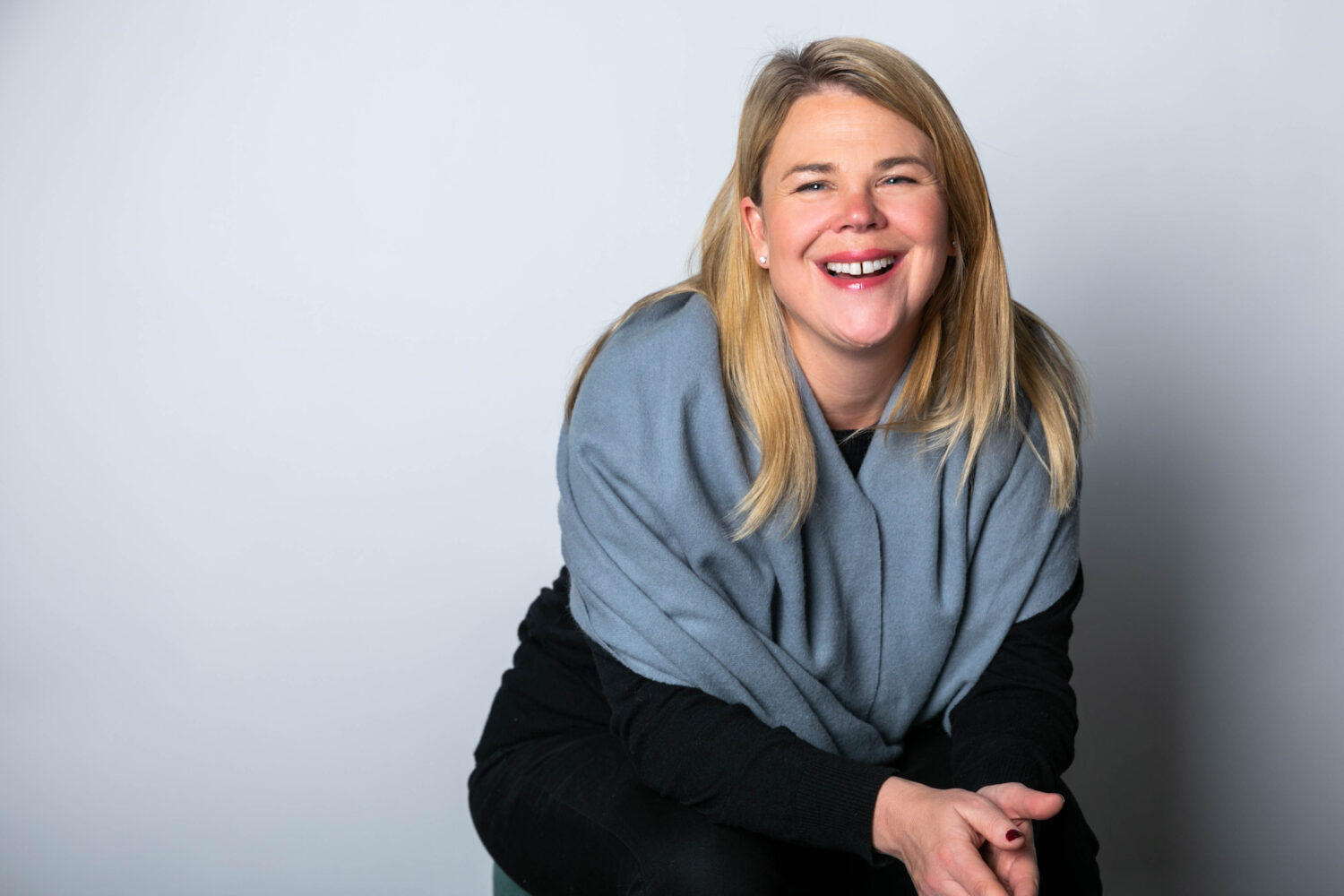How persistence and agility led to Ultima’s CFO achieving success
Despite being told ‘no’ repeatedly, Tasmin Ashmore was adamant she wanted to be a CFO; she says persistence and agility helped her land her dream role and continue to propel her
Despite being told ‘no’ repeatedly, Tasmin Ashmore was adamant she wanted to be a CFO; she says persistence and agility helped her land her dream role and continue to propel her

Tamsin Ashmore’s journey to the C-Suite is no ordinary one.
Her early years were volatile to say the least; she was booted out of her preferred course after failing at one of South Africa’s most prestigious universities and moved on to study elsewhere. But even in the face of what she thought was her most crushing setback, Ashmore was adamant she wanted to become a CFO.
Her persistence started to pay off. In 2001, she secured her first finance role at consumer goods giant, Unilever, first in Durban and then moving to London. She later moved into the banking space and assumed the role of assistant vice president at Credit Suisse.
But all she wanted to do was be able to make an impact in what she did and be able to become a CFO; despite continuing to ‘put her hand up’ Ashmore was repeatedly told no.
“The CEO told me I wasn’t French, so I was never going to be the group CFO, when I told him I wanted to be the CFO. I had spoken to so many people, and they all said, well, you can only really be the CFO if you’re the CFO, and it was one of those things which were really like tricky, says Ashmore
Armed with her burning desire to connect the dots in the finance story, Ashmore did not hesitate to move onto other sectors, including entertainment, media, or visual effects and even the hospitality and food industry. The roles saw her lead financial teams working on major visual effects projects, including Disney’s most recent The Lion King, The Greatest Showman, and the Jungle Book productions.
She eventually landed her first CFO role in November 2018, as head of Jamie Oliver Restaurant Group’s finance team.
Ashmore tells The CFO the roles taught her the importance of being agile as she took on responsibilities outside her role as the financial director. These included managing resources and being key in building business strategy.
These included creating software products in-house. “I began stretching my wings into all different elements when I was in the film industry because I could see the impact,” Ashmore says.
“I came up with ideas on how to create a software division in our film industry so that we could begin creating our software products and we wouldn’t have to spend so much money on software.”
Before moving into the film space, Ashmore, led the charge in the merger of two divisions at British Telecom (BT). The task for Ashmore and her team was integrating the two divisions which would affect 20,000 people.
By the time she took over the reins as Ultima CFO in 2019, Ashmore had made it her mission to ensure that everything she does revolves around people.
She says this speaks to the evolution of the role of the CFO, which she describes as no longer being just the traditional figures and balance sheet lead, removed from the practicalities of daily operations and execution.
Ashmore says business success is delivered through growth and that growth is delivered by people while ensuring cash and risk are fully managed.
Having joined Ultima when the organisation was preparing to undergo massive transformation, the change needed to be genuine. Ashmore explains that it became natural for her role to evolve to include people and talent in the organisation.
“For me, the connection of profitable growth is directly delivered and driven by your greatest asset, your people. So, I am massively passionate about people,” she says.
For Ashmore, diversity and inclusion are not a one-day affair; she tells The CFO that innovation and sustainability are part of a triangle.
“They all come together. It’s the complete link because if you can’t be a sustainable organisation, you’re not thinking of innovation or how to do things differently.
“If you want to deliver innovation, you need to have a lot of different people in the room because it is only through hearing different conversations and disagreements and different points of view that people can deliver a greater level of innovation,” she says.